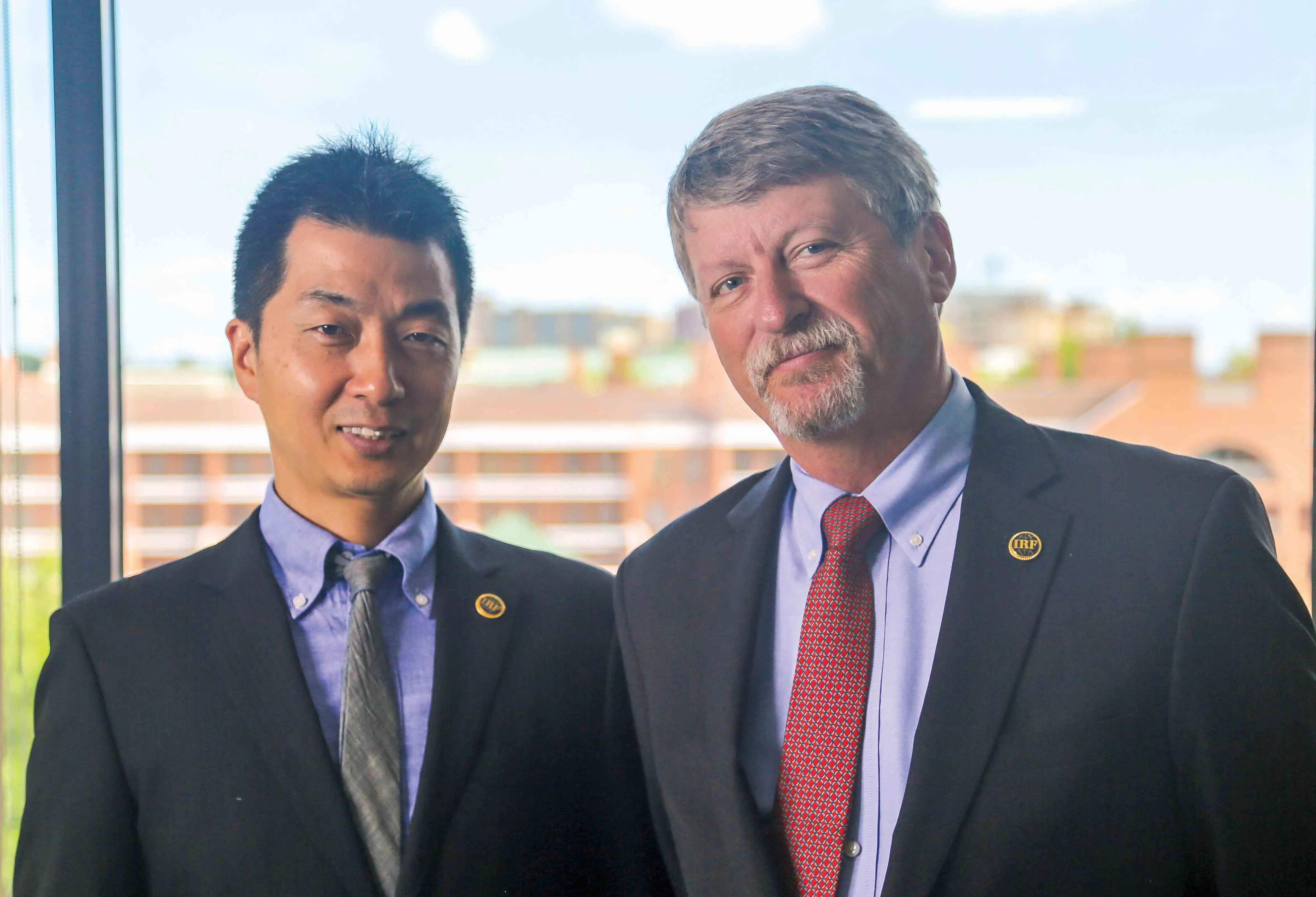The program is designed to introduce young people in developing countries to technologies and applications of precise positioning in the global agriculture markets. Initial training will be conducted at the TPS training facilities in Modena, Italy.
Countries targeted for the first projects will be Cameroon, Ethiopia and Ghana.
The joint program is a result of a meeting between Pope Benedict XVI and Ray O’Connor, TPS president and chief executive, and Ivan Di Federico, TPS chief strategy officer, at the Vatican.
The classes at the TPS training facilities will consist of 12 students from African nations. The students will be chosen by clergy in the respective diocese and trained by TPS and Topcon Tierra staff in the latest agriculture technologies.
As part of the program TPS test facilities will also be established in Angola, Brazil and Honduras. Established facilities already exist in the United States, Australia and Europe. TPS will provide precise agriculture positioning instruments for the testing and training.
When the program is firmly established, other companies will be invited to participate. These will include tractor manufacturers, seed, chemical and fertilizer suppliers and accessory manufacturers. TPS secured free seed from a French partner, Caussade, to cultivate about 75 acres in Cameroon.
O’Connor said: “The Person and Technology Innovation program is the largest Corporate Social Responsibility program in the history of the company. It will not be a one-shot program . . . train the people and turn them loose. It will have a far greater impact than that.
“The program will model established train-the-trainer programs. The students will be expected to return to their country and serve as trainers for the next generation of students eager to learn the newest agriculture technologies.”
O’Connor praised Pope Benedict XVI for “his compassionate view of the world, his innate understanding and his eagerness to work with companies like Topcon, which have the resources and the will to make a positive difference in our world”.
Di Federico said: “The key to success in agricultural endeavors is not the quantity of the land available, but how to achieve the greatest efficiency in the land’s use. In many countries, agriculture is a step to mere survival.
“The use of modern technologies to enhance yields while saving time and money will go a long way to help struggling nations grow and prosper.”








